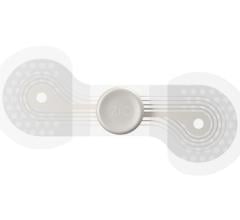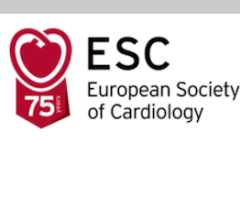
July 3, 2017 — Medtronic recently announced that its Reactive ATP therapy slows the progression of atrial fibrillation (AF) in patients with implanted cardiac devices. A robust, real-world analysis of nearly 8,800 patients was presented as a late breaking clinical trial at EHRA EUROPACE-CARDIOSTIM 2017, June 18-21 in Vienna, Austria.
An unusually fast or quivering rhythm in the heart's upper chambers (atria), AF is a progressive disease that afflicts more than 33 million people worldwide. Common among patients with cardiac devices, AF impairs quality of life and increases the risk of hospitalization, stroke and death. Reactive ATP (atrial-based antitachycardia pacing) is an advanced, painless pacing therapy found exclusively on Medtronic pacemakers, implantable cardioverter defibrillators (ICDs) and cardiac resynchronization therapy (CRT) devices. It repeatedly sends pacing pulses to the atria during abnormally fast rhythms to restore the heart's normal rhythm, thereby slowing the progression of AF.
The retrospective analysis assessed pacemaker, ICD and CRT device data from 8,798 patients followed by the Medtronic CareLink remote monitoring system. Reactive ATP therapy was associated with a statistically significant decrease in AF events compared to a matched control group. Most notably, the Reactive ATP patient group experienced a 38 percent reduction in persistent AF events (lasting greater than seven days) (p<0.0001). This benefit was observed across patient age, sex, and device type.
"Atrial fibrillation can be a debilitating disease that imposes a significant burden upon the entire healthcare community — impacting patients, caregivers, providers and costs of care — especially as the disease progresses," said Giuseppe Boriani, M.D., Ph.D., full professor of cardiology at the University of Modena and Reggio Emilia, Italy. "These are the first real-world data on the clinical impact of Reactive ATP therapy and the first in patients with ICDs and CRT devices. These data have important implications for all device patients because of the high prevalence of AF and the correlation of disease progression to worsened patient outcomes."
This study builds upon the MINERVA trial, the first randomized, controlled study of Reactive ATP. It found that Reactive ATP therapy significantly slowed AF disease progression in patients with pacemakers with the therapy, compared to those without it. Furthermore, Reactive ATP significantly reduced AF-related hospitalizations, emergency department visits and cardioversions, resulting in payer cost savings.
For more information: www.medtronic.com


 December 19, 2025
December 19, 2025 









